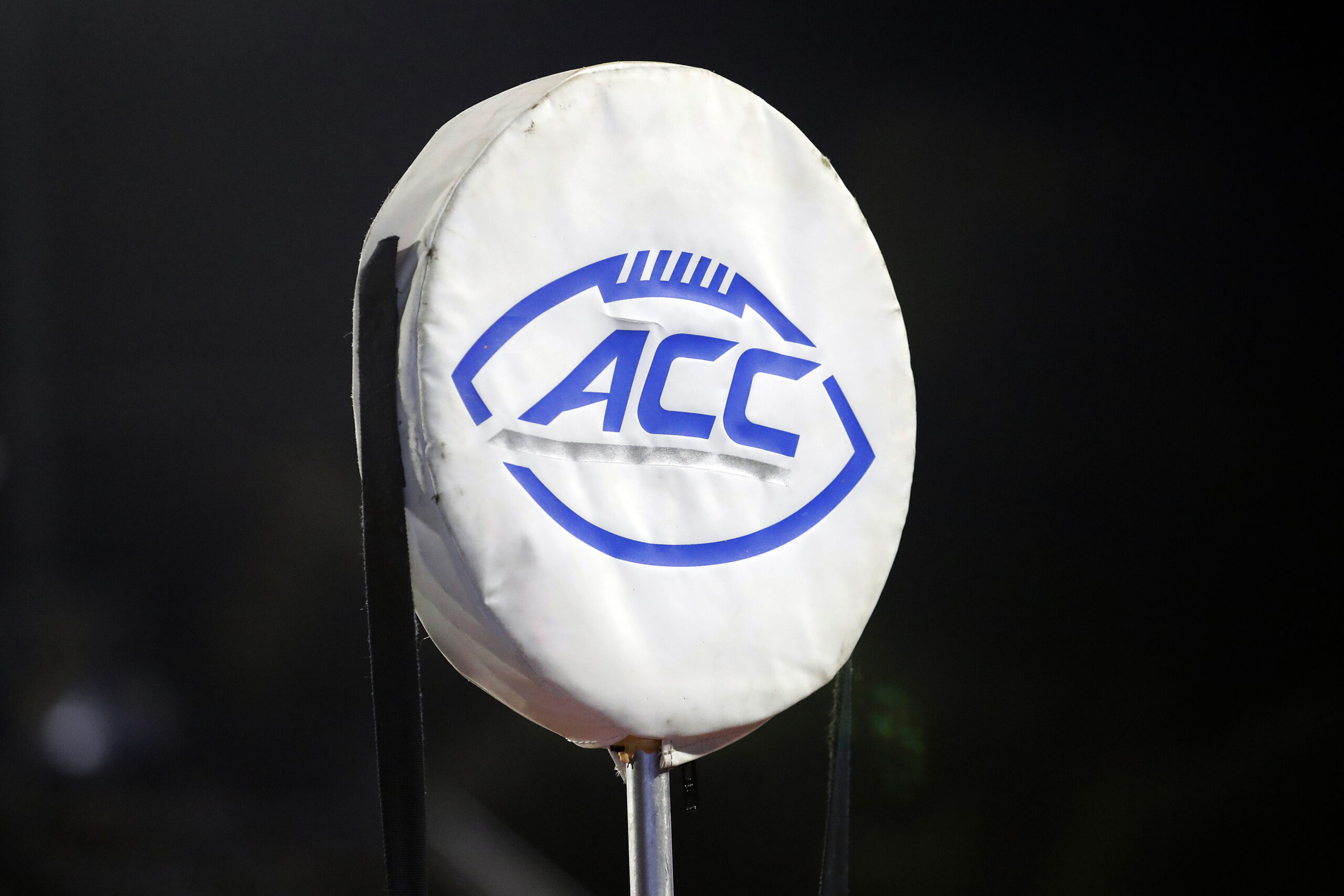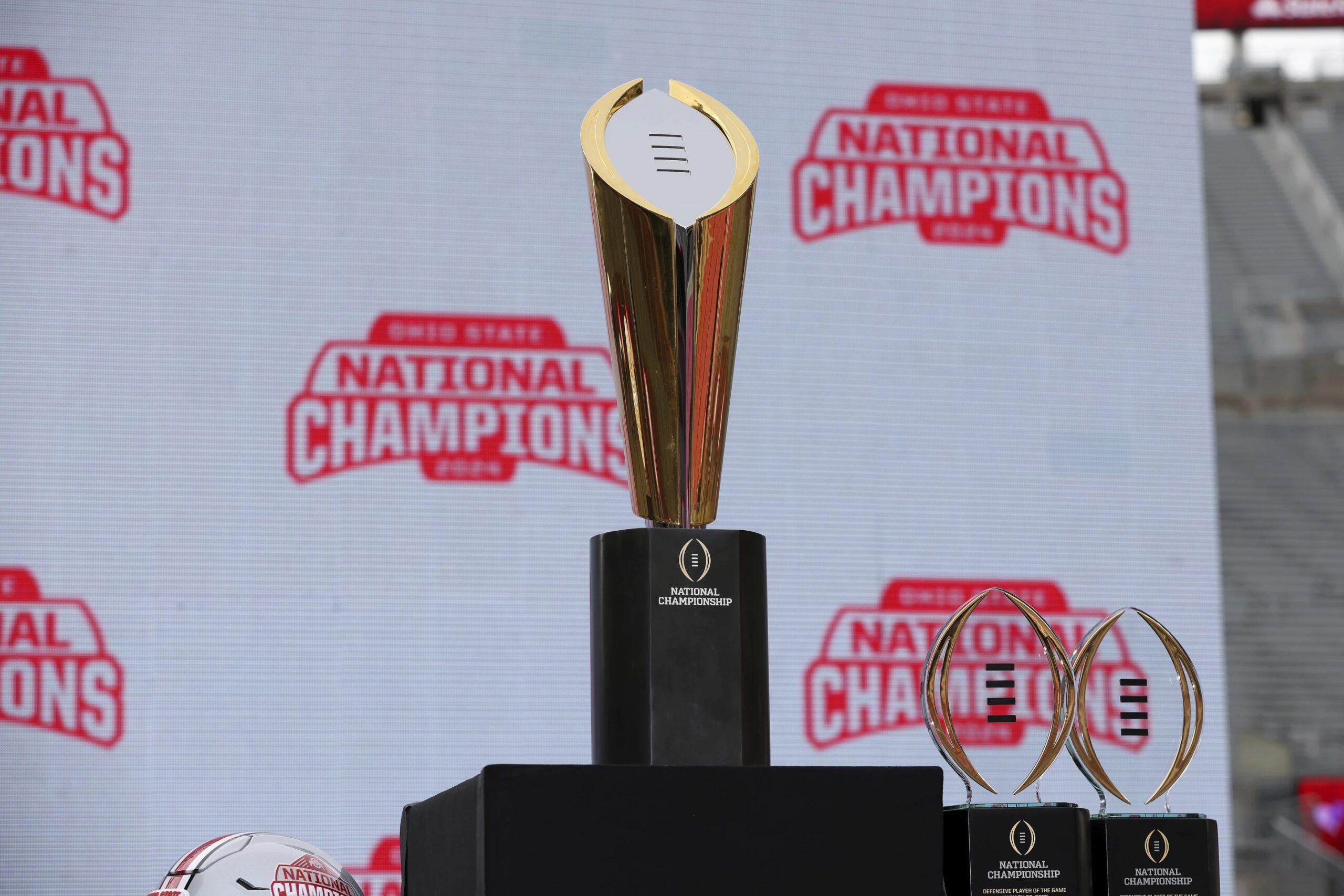In December, Florida State filed a lawsuit against the ACC, the first legal step in their official attempt to leave the conference – but while the move was widely anticipated, it raises more questions than it answers. What is FSU’s chance of success? Where would that leave the ACC, and the world of college athletics in general? And where does UNC stand in all of this?
Sports expert David Glenn is the longtime host of the David Glenn Show and the author of the Holding Court column on Chapelboro – and he also happens to be an attorney. He discussed the FSU/ACC battle this week with 97.9 The Hill’s Aaron Keck.
Click here to listen to their conversation. The transcript below has been edited for clarity.
Aaron Keck: What’s the most important thing for folks to be watching right now, when it comes to all of this?
David Glenn: Well, Florida State wants a divorce from the ACC – but Florida State knows that it can’t leave, and it won’t get an invitation from another conference, until it cleans up its own legal mess. And Florida State’s own attorneys now estimate that it would cost the Seminoles more than $570 million, if they wanted to leave today. Even if you make a lot more money in a league like the Big Ten, it’s going to take a long time to make up the $570 million you’d have to pay to leave the ACC. So I think, in the weeks and months to come, people should not expect massive breaking news. This is going to be a multi-year process, in all likelihood. But it is a huge fork in the road in the 71-year history of the ACC, because Florida State is the league’s biggest football TV brand, and it’s not good for the league if the Seminoles end up taking that football brand somewhere else.
Keck: That $500 million hit is because of the Grant of Rights deal that everyone signed back in 2016. That deal has been both praised and criticized: criticized for holding the conference back, praised for holding the conference together. It seems to me that between Florida State and several other schools, if not for that Grant of Rights deal, the ACC might not be a thing anymore – but it’s also keeping individual schools from competing with the SEC and the Big Ten to the degree that they want to.
Glenn: And remember, the Grant of Rights was a byproduct of Maryland leaving the conference for the Big Ten. The Terrapins were transparent about the reasons that they left, and it was just entirely about money. The Big Ten network had been created, the ACC Network had not. The Big Ten’s financial forecasts were infinitely more optimistic, because the ACC had a below-market TV deal signed all the way through 2036. That’s still the contract for the league. So the Grant of Rights came out as a byproduct of that. I think your bottom line is exactly correct: if not for the Grant of Rights, Florida State and Clemson in particular would’ve already left the Atlantic Coast Conference. Period. There’s no doubt about it.
(Of) that $570 million, $130 million is what we call just a traditional exit fee. It’s three times the league’s operating expenses, which are (about) $40 million a year. I personally would be absolutely shocked if a judge said that was an illegal restraint of trade; those issues have already been litigated. In fact, Maryland tried to litigate an exit fee issue, and they were laughed out of court by the judge. However, the Grant of Rights is a different animal. That’s basically giving your media rights to the league that you’re leaving. Even if you leave, your former league is getting the money for your TV product. That is not something that has been challenged in court under antitrust rules. And Florida State is saying that the 20-year-long nature of that grant of rights is an illegal restraint of trade. I won’t bore you with antitrust law analysis, but that is the hardest-to-predict aspect of this case. Why is it hard to predict? Because no other league has had a 20-year-long grant of rights, that the Seminoles are arguing is so long that it’s an unreasonable and illegal restraint of trade.
I think Florida State is accurate when it says that former ACC commissioner John Swofford negotiated a below-market TV deal. But you don’t win a lawsuit simply because your commissioner miscalculated the value of your TV rights. They’ve argued “bad faith” (on the part of) the ACC, (but) that is a really hard thing to prove and I think the Seminoles will lose that aspect of their lawsuit. Bad faith does not mean you miscalculated, bad faith means people were out to do you wrong on purpose – and unless there’s some smoking gun evidence out there that nobody’s ever seen or heard of, the ACC is not guilty of bad faith.
(But) it’s that challenge of the (20-year duration) that I find hard to predict. Let’s say you sign a non-compete clause with your company: most non-compete clauses are legal, but if it’s too long, too large a scope, a judge could find it illegal. Like if (WCHL) said, “if Aaron Keck left, he’s not allowed to work in the radio industry anywhere in North America for 25 years.” That would be so broad that a judge would say it’s an illegal restraint of trade. But again, most non-compete clauses are legal. So that’s why this is a bit of an unopened Pandora’s Box, when it comes to the Grant of Rights. And the ACC’s attorney simply cannot guarantee that some judge somewhere won’t find a problem with it…
A lot of people picture this as “Florida State’s trying to leave for nothing,” which I can promise you is not going to happen. The other end of the spectrum is $572 million. It’s unlikely that either of those extremes will be the final result. But if, say, a judge encourages both sides to negotiate, there’s a massive difference between Florida State paying $400 million versus $100 million. If the number (is closer to) $100 million, Clemson will follow Florida State out the door. And then you have some floodgate issues, because the Big Ten is not only going to invite Florida State, they’d probably (also) invite UNC. And that’s when you’d have a more chaotic scene. But we don’t know what that (exit cost) is going to be. If it ends up closer to $500 million – maybe the Seminoles figure out a way to pay it, and maybe they get an invitation from somewhere else, but the ACC can move forward (otherwise) intact.
Keck: Turning to UNC: what’s Bubba Cunningham thinking right now? And what’s the best case scenario for North Carolina?
Glenn: I think the best case scenario would be that Florida State is forced to pay an enormous amount of money to leave, and then the ACC can continue forward with 18 members, with Cal and Stanford and SMU. But I think even the “break glass in case of emergency” scenario is not bad for the Tar Heels, for reasons related to athletics and academics and geography. Remember, North Carolina would be a new state for either the SEC or the Big Ten, the two wealthiest leagues. The Tar Heels would be on infinitely safer ground than, say, Duke or Wake Forest or Boston College or Syracuse. These other schools would risk being (stuck) in a league that is falling apart, whereas UNC knows that they would be pursued by both the SEC and the Big Ten in that “chaos” scenario. It’s not a fun time for Bubba Cunningham, but UNC knows it has a safe landing place, and most of these other ACC schools do not have that same comfort right now.
Keck: Last question: whatever happens in the next 12 years, the Grant of Rights expires in 2036. Does the ACC exist in 2037?
Glenn: Hmm. I think it does – but does it exist like we think of it right now? It’s not a Power Two conference: the Big Ten and the SEC are running away from everybody financially, and that gap is not going to close. I think the ACC will still exist, but it is really, really hard (to guess) what form it will take in 2036 or 2037. The ACC’s hope is that its football continues to improve, and as it gets closer to the end of its current TV deal, maybe market forces allow it to promise its members that that new deal coming in 2036 is going to be a huge leap up the ladder.
Photo via Joshua S. Kelly/USA TODAY Sports.
Chapelboro.com does not charge subscription fees, and you can directly support our efforts in local journalism here. Want more of what you see on Chapelboro? Let us bring free local news and community information to you by signing up for our biweekly newsletter.




